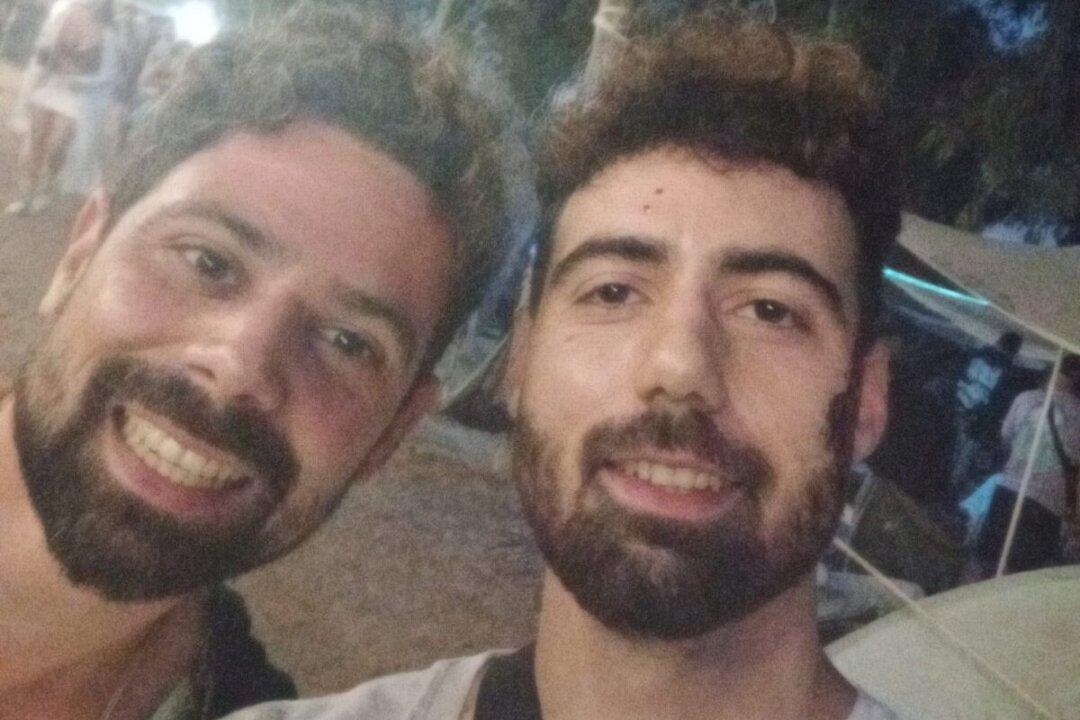Israeli veteran Gal Gilboa Dalal was delighted to accompany his younger brother, Guy, to his first psytrance music festival. Gal had been to several—in Israel and abroad, in places like Hungary. But this was to be Israel’s best-ever, produced in partnership with Brazil’s Universo Parallelo, the biggest in the world.
Guy, 22, arrived with three friends on Friday, Oct. 6. Gal, 29, a former combat infantry soldier now working as a customer support technician for a tech company, was a little late, due to his best friend’s engagement party. Early in the morning on Saturday, Oct. 7, he arrived at the Nova Festival on the property of Kibbutz Re'im near Israel’s Gaza frontier.





